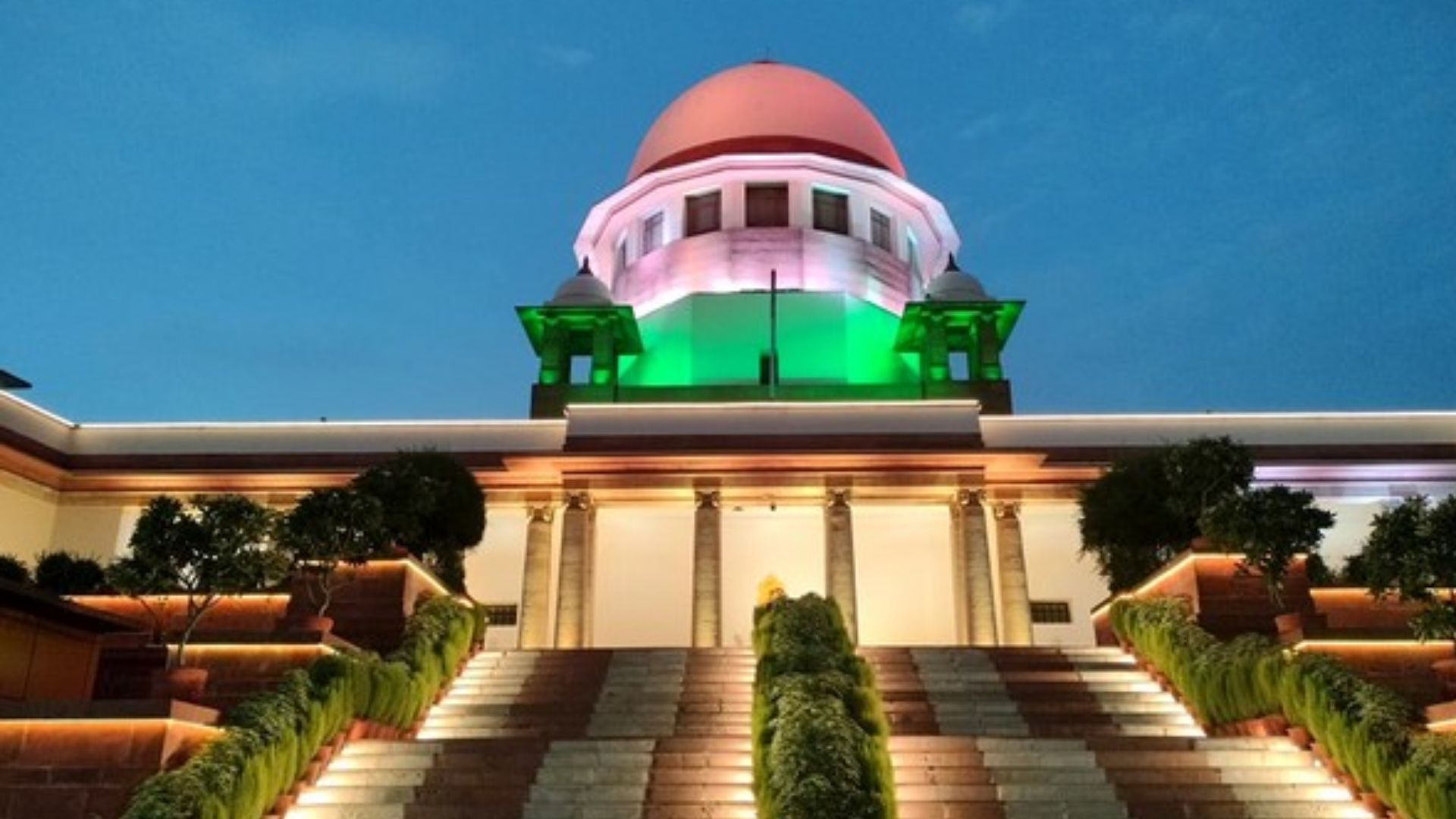The petition filed by BJP leader Subramaniam Swamy to remove the terms “socialist” and “secular” from the Preamble of the Indian Constitution was postponed by the Supreme Court on Friday. The matter was posted by a bench consisting of Justices Sanjiv Khanna and Dipankar Dutta in the week starting on April 29. In his petition, Swamy claimed that the two words, which had been added to the Preamble by the 42nd Constitution Amendment Act of 1976 during the Emergency, went against the fundamental structure doctrine that the 13-judge bench’s renowned Kesavananda Bharati ruling from 1973 stated. According to this ruling, Parliament was not allowed to alter the fundamental elements of the Constitution.
“The framers of the Constitution had specifically rejected the inclusion of these two words in the Constitution and alleged that these two words were thrust upon the citizens even when the framers never had intended to introduce socialist and secular concepts in democratic governance,” Swamy had contended.
It is argued that such insertion was beyond the amending power of the Parliament under Article 368.
It was further stated that Dr BR Ambedkar had rejected the incorporation of these words as the Constitution cannot thrust upon the citizens certain political ideologies by taking away their right to choose.
Rajya Sabha Member of Parliament and the Communist Party of India leader Binoy Viswam had also approached the Supreme Court opposing Swamy’s plea saying that ‘secularism and socialism’ are inherent and basic features of the Constitution.
“It is the intent of the plea filed by Swamy to have a free rein on Indian polity leaving behind secularism and socialism,” Viswam had said.
“Swamy’s petition challenges the 42nd Amendment to the Constitution of India and is an absolute abuse of the legal process. It is devoid of merit and deserves to be dismissed with exemplary costs,” Viswam’s application had said. In his impleadment application, the CPI MP stated that the PIL’s true objective is to permit political parties to run for office on the basis of religious beliefs. The application had said, “The petitioner challenges the 42nd amendment as an eyewash to succeed in striking down sub-section 5 of section 29(A) of the Representation of People’s Act, 1951.”




